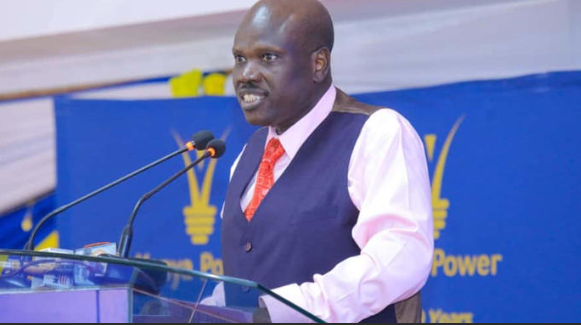Electricity users are bearing the cost of overpriced power contracts after the national utility, Kenya Power, spent KSh 73.7 billion purchasing electricity from Independent Power Producers (IPPs) that delivered significantly less energy than the state-owned generator, KenGen.
In the year ending June 2024, IPPs supplied just 41% of total electricity purchased by the Kenya Power and Lighting Company (KPLC) but received about 60% of the total payments.In contrast, KenGen supplied 59% of the power and received only 40% of the payouts, amounting to KSh 49.4 billion.The steep price gap reveals that on average, electricity from IPPs cost KSh 21.16 per kilowatt-hour, more than double KenGen’s KSh 9.78 per unit.
In purchasing Geothermal power, the country’s main renewable power source, IPPs charged KSh 17.28 per unit while KenGen supplied the same at KSh 8.24. For thermal generation, IPPs billed KSh 43.76, compared to KSh 29.47 from KenGen.
The figures expose deep inefficiencies in the power purchase system, with taxpayers and consumers paying billions more annually for electricity from privately owned producers, some of which comes at a loss to the utility itself. The report also flagged contracts that compel KPLC to pay for electricity whether or not it is consumed.
In its half year financial results announced in January this year, Kenya Power’s power purchase costs dropped by KSh 1.7 billion to KSh 71.4 billion, a key driver of its record KSh 9.97 billion half-year profit. However, the relief was mostly due to the shilling-dollar exchange rate and not as a result of reform to the expensive contracts with IPPs. If the currency fluctuates like it did in 2023, purchasing costs are expected to soar.
Despite a 2021 presidential taskforce recommendation to renegotiate power purchase agreements with IPPs, the Auditor General found no evidence of progress.
A previous parliamentary inquiry estimated that up to KSh 17.3 billion could be saved annually if KenGen’s capacity was prioritized. While some IPPs have signaled a willingness to review their contracts, others have cited restrictions from financiers and foreign stakeholders.


